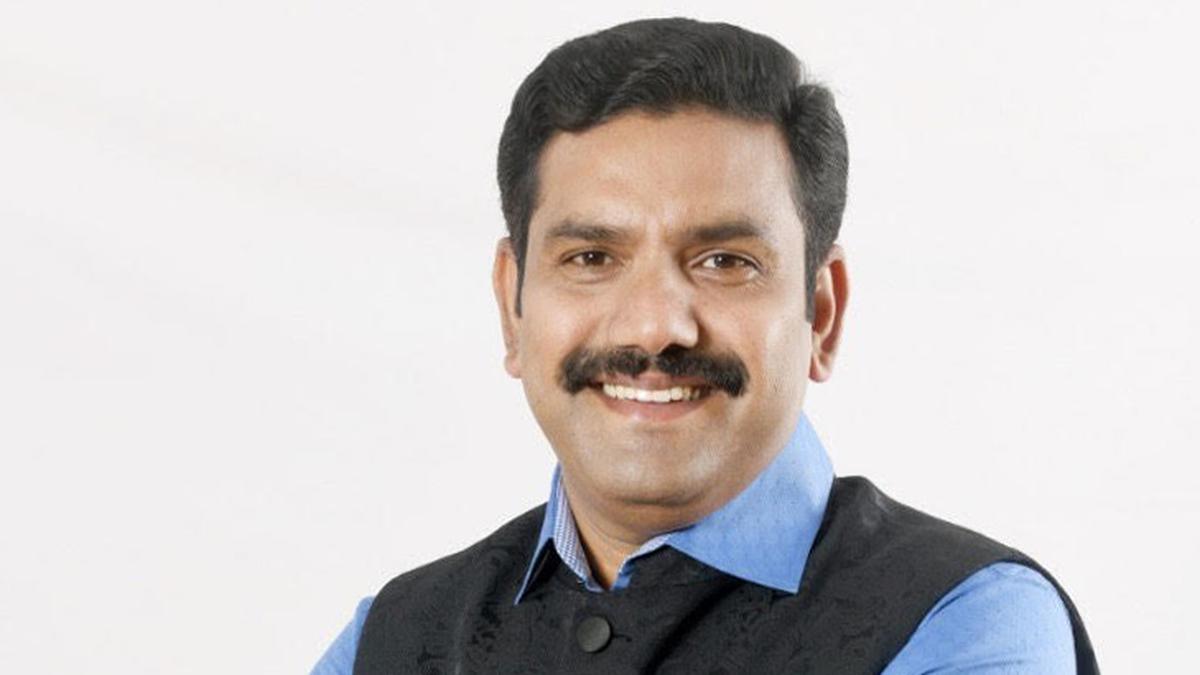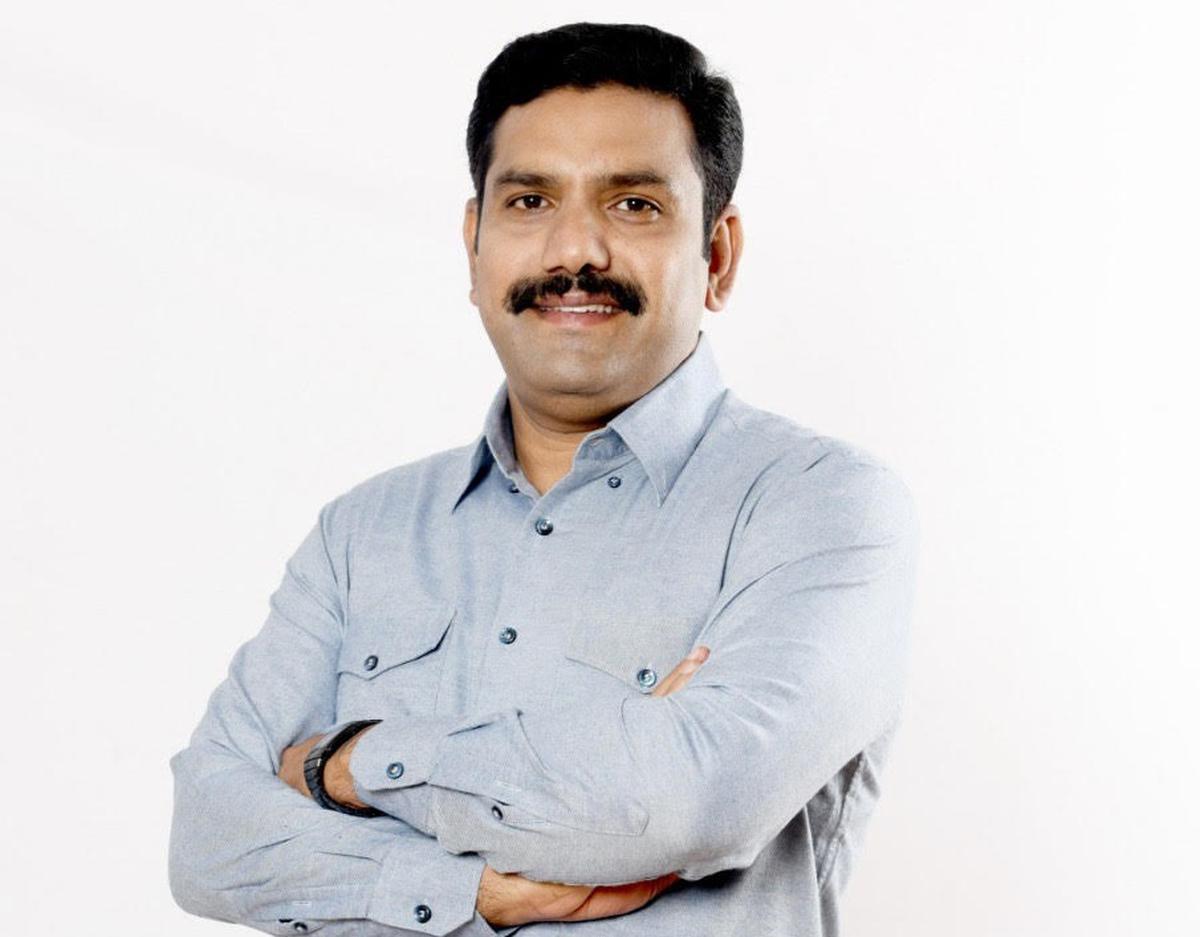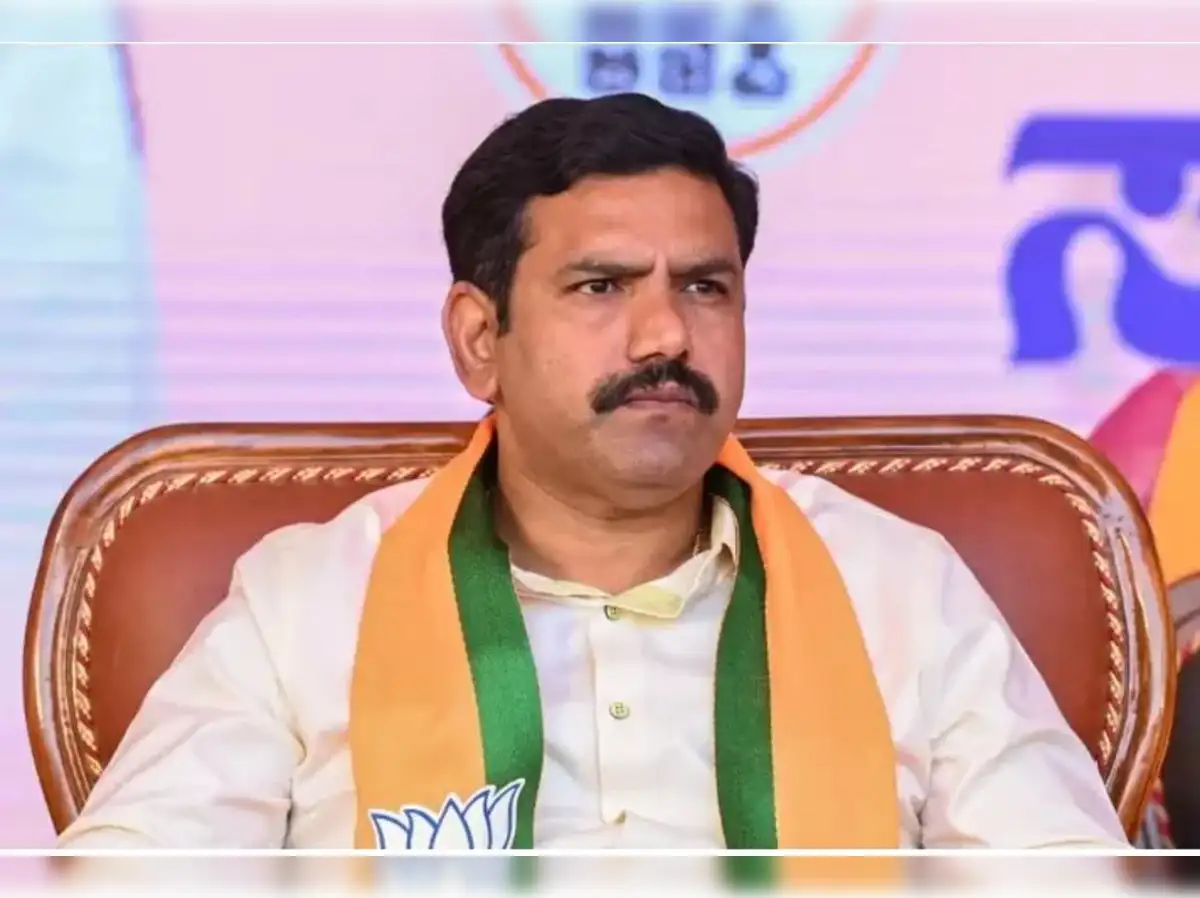In a strong political intervention, Karnataka BJP president B.Y. Vijayendra has demanded a judicial probe into the recent violence in Maddur, which left the district tense and security forces on high alert. Vijayendra accused the State government of mishandling the situation and alleged that administrative failures allowed tensions to spiral out of control. He argued that only a judicial inquiry, led by a sitting or retired judge, could ensure impartiality and transparency. According to him, such an investigation would not only fix accountability but also restore public confidence in law enforcement.
The violence in Maddur, which erupted during a sensitive communal context, has become a flashpoint for political debate. While local police insist they acted swiftly to contain the clashes, opposition leaders including Vijayendra have claimed that preventive measures were either delayed or inadequate. Eyewitness accounts and circulating videos have intensified demands for clarity on how the unrest escalated so quickly. By calling for a judicial probe, Vijayendra has positioned himself as a defender of law and order while simultaneously putting pressure on the Congress-led State government to explain its handling of the situation.
Civil society members have also echoed the demand for an impartial investigation, fearing that political blame games could overshadow justice for those directly affected. A judicial probe, they argue, would provide an authoritative record of events, preventing selective narratives from dominating public discourse. Meanwhile, security continues to be tight in Maddur, with prohibitory orders extended and additional forces deployed to prevent further violence. Against this backdrop, Vijayendra’s demand has further fueled the political spotlight on the government’s response and its capacity to maintain communal harmony.
Political Fallout of the Maddur Violence
The political reverberations of the Maddur unrest are significant, with opposition parties seizing the opportunity to criticize Chief Minister Siddaramaiah’s administration. Vijayendra’s demand for a judicial probe is being seen as part of the BJP’s larger strategy to highlight governance lapses and present itself as a party prioritizing law and order. Leaders within the party argue that recurring incidents of communal tension in districts like Mandya and Maddur reflect deeper administrative weaknesses. The call for a judicial inquiry, therefore, is not just about immediate accountability but also about shaping the broader political narrative ahead of upcoming elections.
At the same time, the Congress government has defended its actions, asserting that swift police intervention prevented the situation from escalating into wider communal riots. Ministers have accused the BJP of politicizing a sensitive issue for electoral gains. They argue that judicial probes take time and resources, while what Maddur needs immediately is peace, rehabilitation, and dialogue between communities. This clash of perspectives has intensified partisan divides, with both sides seeking to sway public opinion. For residents of Maddur, however, the primary concern remains ensuring safety and restoring trust in governance.

The Road Ahead for Maddur’s Peace Efforts
Looking forward, the demand for a judicial probe underscores the urgent need to address both the causes and consequences of communal flare-ups in Karnataka. If approved, such an inquiry could uncover systemic shortcomings in policing, intelligence gathering, and administrative preparedness, thereby offering a roadmap for preventing similar incidents. However, the government’s response will be closely watched, as refusing the demand could fuel further criticism, while agreeing might expose lapses in its governance. For Maddur, where fear and tension still linger, lasting peace will require more than political rhetoric—it will depend on accountability, transparency, and genuine community reconciliation.
Vijayendra’s demand for a judicial probe has also brought fresh attention to the recurring pattern of communal disturbances in Mandya district. Analysts argue that the region has become a flashpoint for political mobilization, where local grievances are often amplified into larger communal issues. By insisting on a judicial inquiry, Vijayendra aims to highlight what the BJP sees as a failure of the Congress administration to preempt such tensions. His demand has also found resonance among sections of the public who believe that an independent judicial body would be less susceptible to political influence than police-led inquiries.
The government, however, appears reluctant to immediately accept the call for a judicial investigation. Sources within the administration suggest that a probe by the CID or a fact-finding committee could be quicker and more practical. They argue that judicial inquiries often take years, delaying justice for victims and consuming public resources. Yet, the opposition has countered that speed without impartiality risks producing findings that lack credibility. The debate highlights the delicate balance between timely action and trust-building in handling communal unrest. The Maddur episode thus serves as a test of both governance and political strategy.
For residents of Maddur, the ongoing political tussle has brought little relief from the anxiety caused by the recent violence. Many small business owners, shopkeepers, and daily wage earners have suffered losses due to curfews and restrictions imposed in the aftermath of the clashes. Community leaders stress that beyond judicial or administrative inquiries, what Maddur needs is a long-term peacebuilding strategy involving dialogue, confidence-building measures, and inclusive development. Without this, they fear the district could remain vulnerable to repeated flare-ups whenever local disputes arise or political interests intervene.

Civil rights groups have also joined the debate, warning that selective accountability could deepen distrust among communities. They argue that judicial oversight could ensure that blame is not unfairly assigned to one group while others are ignored. Such impartiality is crucial in preventing narratives of victimization, which often fuel further hostility. Activists emphasize that the judiciary, being perceived as neutral, is better positioned to examine not just the immediate violence but also underlying socio-economic tensions. Their stance has added weight to Vijayendra’s demand, even as the ruling government defends its reliance on internal administrative mechanisms.
Political observers note that the Maddur violence and the subsequent demand for a judicial probe could shape electoral dynamics in the coming months. Communal issues often influence voting patterns in Karnataka, and opposition parties may use this incident to portray the ruling party as weak on law and order. Conversely, the Congress may attempt to frame the unrest as the result of deliberate political provocation by rival groups. The call for a judicial probe thus becomes more than a legal demand—it is also a political symbol, with each party vying to control the narrative and claim moral high ground.
Security in Maddur remains tight, with additional police reinforcements stationed in sensitive areas to prevent further unrest. Authorities have extended prohibitory orders under Section 144, limiting public gatherings and rallies. These measures, though necessary for maintaining order, have also raised concerns about curbing civil liberties. Residents complain of disruptions to daily life, with restrictions on markets, public meetings, and religious activities. Policymakers are therefore under pressure to find a balance between ensuring safety and restoring normalcy. The demand for a judicial probe runs parallel to these concerns, as citizens seek both immediate peace and long-term accountability.
The judiciary’s potential involvement in probing Maddur’s unrest could also set a precedent for how communal violence is addressed across the State. If the demand is accepted, it might encourage calls for similar probes in other districts where tensions flare up. Some experts warn that relying too heavily on judicial inquiries could strain the legal system, but others argue that such interventions are necessary where political trust is lacking. The Maddur case could therefore become a template for balancing judicial oversight with administrative responsibility in handling sensitive communal incidents.
Opposition parties beyond the BJP have also begun weighing in on the issue. Regional outfits and minority community leaders are demanding that the government take decisive action to punish instigators, regardless of political affiliation. They argue that without impartial accountability, violence will continue to recur, leaving ordinary citizens to bear the brunt. By demanding a judicial probe, these groups hope to shield the process from accusations of bias. Their involvement underscores that the debate is not limited to BJP versus Congress but includes wider civil society concerns over governance, justice, and communal harmony.
Meanwhile, legal experts are analyzing the feasibility of a judicial probe, noting that the decision ultimately rests with the State government. While it is within its powers to recommend such an inquiry, it must weigh political consequences alongside legal implications. Judicial commissions, though respected, often have limited enforcement power, and their recommendations may not always translate into action. Nonetheless, experts argue that the symbolic value of a judicial probe in rebuilding public trust cannot be underestimated. For Maddur, where confidence in administrative neutrality has been shaken, such symbolism may prove as important as concrete legal outcomes.

In the broader context, the Maddur violence has reignited discussions about the need for structural reforms in Karnataka’s approach to communal harmony. Policy analysts suggest investing in better intelligence networks, community policing, and grassroots dialogue initiatives to prevent future flare-ups. They argue that while judicial probes provide clarity after the fact, proactive governance could address root causes before they explode into violence. Vijayendra’s demand for an inquiry, therefore, has opened a larger conversation about whether Karnataka is doing enough to ensure sustainable peace in its most sensitive districts. This debate is likely to persist long after immediate tensions subside.
Follow: Karnataka Government
Also read: Home | Channel 6 Network – Latest News, Breaking Updates: Politics, Business, Tech & More

